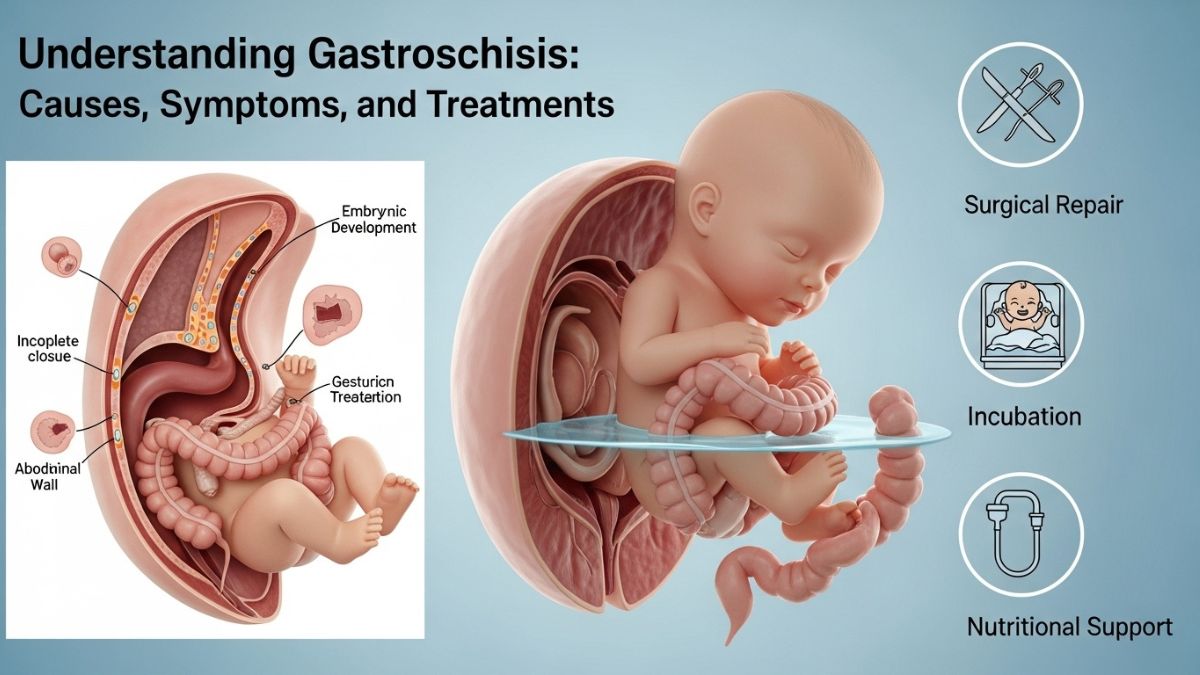Depression affects millions of people worldwide, creating a heavy fog that can make even simple daily tasks feel overwhelming. If you’re reading this, you might be struggling with depression yourself or supporting someone who is. The good news is that depression is highly treatable, and with the right combination of strategies, support, and professional help, recovery is absolutely possible.
This guide will walk you through understanding depression, practical coping strategies you can start using today, various treatment options available, and how to build a strong support network. Remember, seeking help isn’t a sign of weakness—it’s a courageous step toward reclaiming your mental health and well-being.
Understanding Depression: More Than Just Feeling Sad
Depression goes far beyond temporary sadness or having a bad day. It’s a serious mental health condition that affects how you think, feel, and handle daily activities. The symptoms must be present for at least two weeks to be diagnosed as clinical depression.
Common Symptoms of Depression
Depression manifests differently for everyone, but common symptoms include:
- Persistent sadness or feelings of emptiness
- Loss of interest in activities you once enjoyed
- Changes in appetite and sleep patterns
- Fatigue and decreased energy
- Difficulty concentrating or making decisions
- Feelings of worthlessness or excessive guilt
- Thoughts of death or suicide
Types and Potential Causes
Depression comes in various forms, including major depressive disorder, persistent depressive disorder, seasonal affective disorder, and postpartum depression. The causes are complex and often involve a combination of genetic, biological, environmental, and psychological factors.
Stressful life events, trauma, medical conditions, certain medications, and substance abuse can all contribute to the development of depression. Understanding that depression has real, identifiable causes can help reduce self-blame and shame.
Coping Strategies for Daily Life
While professional treatment is crucial, there are many practical strategies you can implement to help manage depression symptoms on a daily basis.
Movement and Exercise
Physical activity is one of the most effective natural treatments for depression. Exercise releases endorphins, which are natural mood boosters. You don’t need to run marathons—even a 10-minute walk around the block can make a difference. Start small and gradually increase your activity level.
Consider activities like:
- Walking in nature
- Dancing to your favorite music
- Gentle yoga or stretching
- Swimming
- Gardening
Mindfulness and Meditation
Mindfulness practices help you stay grounded in the present moment rather than getting caught up in negative thought patterns. Regular meditation can reduce symptoms of depression and prevent relapse.
Simple mindfulness techniques include:
- Deep breathing exercises
- Body scan meditations
- Mindful eating
- Observing thoughts without judgment
- Gratitude practices
Maintaining Social Connections
Depression often makes you want to isolate yourself, but maintaining social connections is vital for recovery. Reach out to trusted friends and family members, even when it feels difficult.
If face-to-face interactions feel overwhelming, start with:
- Text messages or phone calls
- Video chats
- Online support groups
- Community activities or volunteering
- Joining clubs or classes related to your interests
Establishing Healthy Routines
Depression can disrupt your daily routine, but having structure can provide stability and a sense of accomplishment. Create a flexible routine that includes:
- Regular sleep and wake times
- Nutritious meals at consistent times
- Daily hygiene and self-care activities
- Scheduled time for activities you enjoy
- Regular check-ins with your support system
Treatment Options: Finding What Works for You
Professional treatment significantly improves outcomes for people with depression. There’s no one-size-fits-all approach, and it may take time to find the right combination of treatments.
Therapy and Counseling
Psychotherapy, or talk therapy, is highly effective for treating depression. Different types of therapy work for different people:
Cognitive Behavioral Therapy (CBT) helps you identify and change negative thought patterns and behaviors that contribute to depression.
Interpersonal Therapy (IPT) focuses on improving relationships and social functioning to relieve symptoms.
Dialectical Behavior Therapy (DBT) teaches skills for managing emotions and improving relationships.
Medication Options
Antidepressant medications can be helpful, especially for moderate to severe depression. Common types include SSRIs, SNRIs, and other classes of antidepressants. It’s important to work closely with a psychiatrist or primary care doctor to find the right medication and dosage, as it can take several weeks to see full effects.
Lifestyle Changes as Treatment
Lifestyle modifications can be as powerful as medication for some people:
- Nutrition: Eating a balanced diet rich in omega-3 fatty acids, complex carbohydrates, and lean proteins supports brain health
- Sleep hygiene: Maintaining consistent sleep patterns and creating a restful sleep environment
- Stress management: Learning healthy ways to cope with stress through relaxation techniques
- Limiting alcohol and avoiding drugs: These substances can worsen depression symptoms
Alternative and Complementary Treatments
Some people find additional relief through:
- Light therapy (especially for seasonal depression)
- Acupuncture
- Massage therapy
- Art or music therapy
- Support groups
Seeking Professional Support: You Don’t Have to Face This Alone
One of the most important steps in overcoming depression is reaching out for professional help. Mental health professionals have the training and expertise to guide you through recovery.
When to Seek Help
Consider reaching out to a professional if:
- Symptoms persist for more than two weeks
- Depression interferes with work, relationships, or daily functioning
- You’re having thoughts of self-harm or suicide
- You’re using alcohol or drugs to cope
- Family and friends have expressed concern
Building Your Support Network
Your support network might include:
- Mental health counselors or therapists
- Psychiatrists for medication management
- Primary care physicians
- Support groups (in-person or online)
- Trusted family members and friends
- Peer support specialists
Breaking Down Barriers to Treatment
Common barriers to seeking help include stigma, cost, lack of access, or not knowing where to start. Remember that seeking help for mental health is just as important as getting treatment for physical health conditions. Many communities have sliding-scale fee programs, online therapy options, and crisis helplines available.
Your Journey Forward: Hope and Healing with Story Wellness
Recovery from depression is rarely linear—expect ups and downs along the way. What matters most is that you keep moving forward, even when progress feels slow. Celebrate small victories and be patient with yourself during setbacks.
The combination of professional support, healthy coping strategies, and a strong support network creates the foundation for lasting recovery. Remember that millions of people have successfully overcome depression and gone on to live fulfilling, joyful lives.
At Story Wellness, we understand that everyone’s journey with depression is unique. Whether you’re just beginning to recognize symptoms or you’ve been struggling for years, support is available. Your story of recovery starts with a single step—and that step might be reaching out for help today.
Recovery is possible, hope is real, and you deserve to feel better. Take things one day at a time and remember that seeking help is a sign of strength, not weakness.
ALSO READ: Scar Care After Surgery: Essential Tips for Healing















